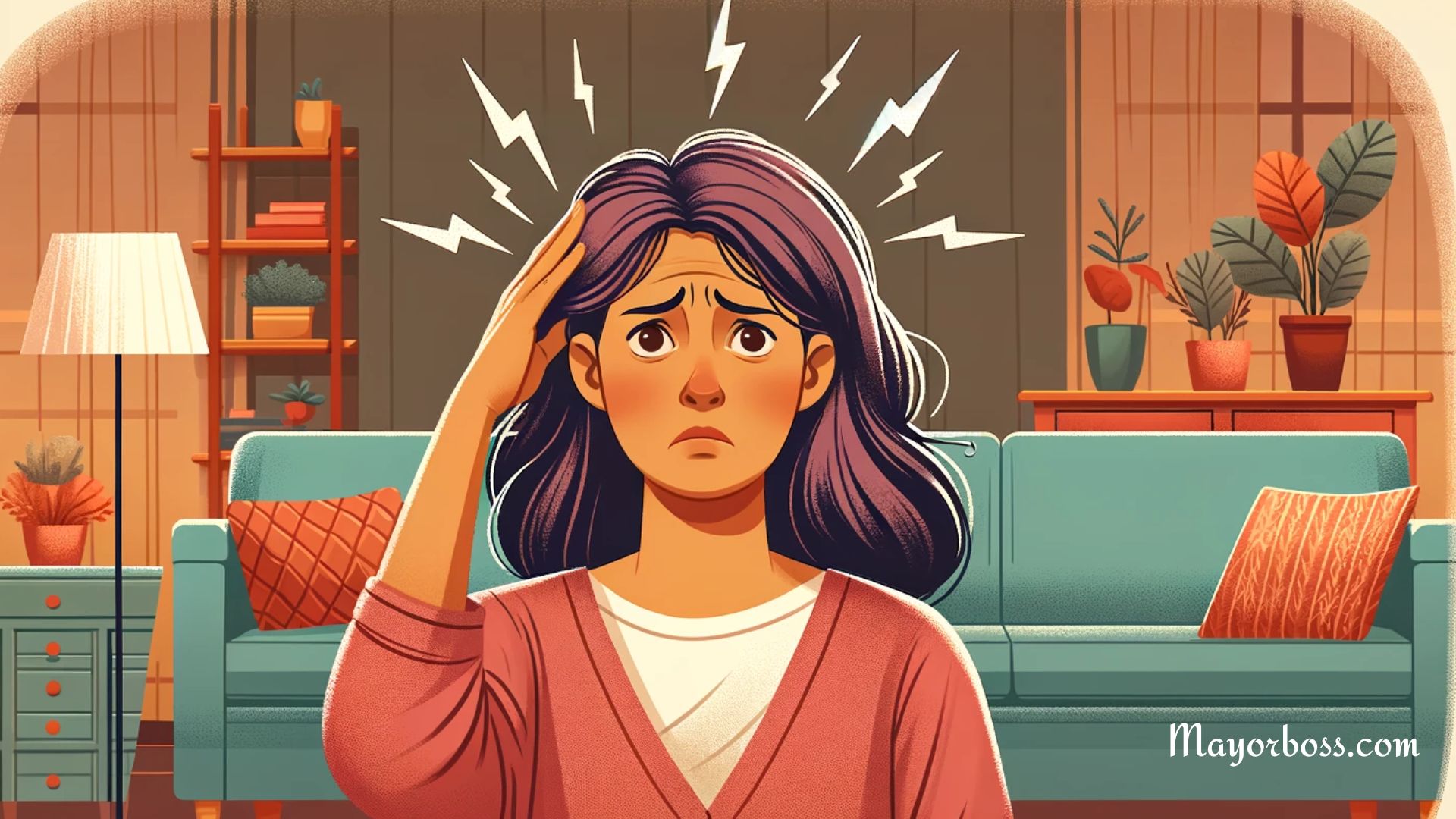How to Treat Numbness in Legs and Feet
Numbness in your legs and feet can feel strange and uncomfortable, like the tingling “pins and needles” when a limb “falls asleep.” It can happen for different reasons—some are harmless and go away on their own, while others may need medical attention. Sometimes it is an occasional problem, but it can also be more serious. This article talks about what might cause numbness and how you can treat it.

What Causes Numbness in Your Legs and Feet?
There are many reasons why your legs and feet might feel numb. Some of the most common reasons include poor blood flow, nerve damage, or even just staying in one position for too long. Let’s look at some common causes.
Poor Blood Flow Could Be the Problem
Blood flow problems, such as poor circulation, are often the reason behind numbness in your legs and feet. When your blood doesn’t flow well, your nerves might not get enough oxygen, which can lead to numbness. Peripheral artery disease (PAD), which is a condition that narrows the arteries and restricts blood flow, can be one cause.
Diabetes is another common reason that affects blood flow and can cause numbness, usually in the feet first. High blood sugar levels can damage blood vessels and nerves over time, leading to poor circulation and numbness. If you have diabetes and are feeling numbness, it’s important to talk to your doctor.
Nerve Damage or Pinched Nerves
Nerve damage (also called neuropathy) can happen because of conditions like diabetes or an injury. Sciatica is another example; it happens when the sciatic nerve, which runs from your lower back down your legs, gets compressed or irritated, causing pain and numbness.
Pinched nerves can also cause numbness. This can be from things like herniated discs in your back or bad posture that puts pressure on a nerve.
Temporary Causes of Numbness
Sometimes, numbness is just a short-term problem. Sitting with your legs crossed for too long or wearing tight shoes can cut off circulation and make your feet “fall asleep.” Usually, when you change your position or take off the tight shoes, the numbness goes away.
How to Treat Numbness in Your Legs and Feet at Home
If the numbness isn’t caused by a serious medical issue, there are a few ways you can treat it at home. These treatments can help bring feeling back to your legs and feet and even stop the numbness from happening again.
Moving Around Helps Blood Flow
One of the easiest ways to deal with numbness is to move around. If you’ve been sitting or lying down for too long, standing up and walking around can help get the blood flowing again and relieve the numbness.
Stretching and Exercises Can Relieve Pressure
Stretching can be really helpful if your numbness is caused by a pinched nerve. Gentle stretches that focus on your back, legs, and feet can help reduce pressure on the nerves. If you have sciatica, for example, stretching your lower back and hamstrings might help reduce the numbness.
Strengthening exercises for your legs and back can also help prevent numbness by improving your posture and reducing nerve pressure.
Warm Compresses
Using a warm compress can help increase blood flow to the area that feels numb. Make sure to check the temperature of the compress to avoid burns. Put a warm towel or heating pad on the area for about 15-20 minutes to help improve circulation. Just make sure the compress isn’t too hot to avoid burns.
Massaging the Area
Massaging the numb area can also help increase blood flow and reduce numbness. Use gentle circular motions to stimulate the nerves and blood vessels in your legs and feet.
When Should You See a Doctor About Leg and Foot Numbness?
While occasional numbness usually isn’t something to worry about, persistent or frequent numbness could mean there is a bigger health issue that needs attention. Here are some signs that you should see a doctor:
- Numbness that lasts a long time or doesn’t go away even after moving around or changing positions.
- Severe pain along with numbness, especially if it starts in your back and goes down your leg.
- Weak muscles or trouble walking.
- Loss of control over your bladder or bowels, which could mean a serious nerve problem.
According to expert neurologists and academic researchers, these symptoms might mean conditions like sciatica, diabetes, or other types of nerve problems that need medical treatment. Don’t hesitate to seek help if you notice any of these warning signs.
Medical Treatments for Ongoing Numbness
If home treatments don’t work, your doctor might suggest other treatments depending on what’s causing the numbness, such as steroid injections or surgery.
Medications for Nerve Pain
For problems like neuropathy or sciatica, doctors might prescribe medications such as anti-inflammatory drugs, muscle relaxers, or nerve pain meds like gabapentin. These medicines can help manage symptoms and reduce numbness.
Physical Therapy for Nerve Problems
Physical therapy is often suggested for numbness caused by pinched nerves or poor posture. A physical therapist can show you exercises that help improve flexibility, strength, and posture. This can reduce pressure on nerves and improve blood flow.
Treating Other Health Conditions
If numbness is caused by something like diabetes or peripheral artery disease, treating that condition is very important. Keeping your blood sugar levels under control can stop more nerve damage if you have diabetes. Your doctor might also suggest medications or lifestyle changes to help improve your blood flow.
How to Prevent Numbness in Your Legs and Feet
Stay Active
Being active is one of the best ways to prevent numbness in your legs and feet. Regular exercise helps keep your blood flowing and your nerves healthy. Even light activities like walking, swimming, or biking can make a big difference.
Don’t Sit or Stand Too Long
If your job or routine means you sit or stand for a long time, make sure to take breaks and change positions often. Stretching your legs, flexing your ankles, or taking short walks can keep the blood flowing and help prevent numbness.
Wear Comfortable Shoes
Tight shoes can cut off circulation and cause numbness in your feet. Make sure you wear shoes that fit well, especially if you’re on your feet a lot. Look for shoes with good arch support and enough space for your toes.
Numbness in your legs and feet can be caused by sitting in one position too long or by more serious issues like nerve damage or poor blood flow. Occasional numbness is usually not a big deal, but if it happens a lot, it might be worth looking into.
As per experts, to handle numbness at home, focus on improving blood flow by moving, stretching, or using warm compresses. If your symptoms don’t get better or get worse, see your doctor to check for any health problems. By staying active, wearing comfortable shoes, and taking care of any health issues, you can reduce numbness and keep your legs and feet feeling good.






